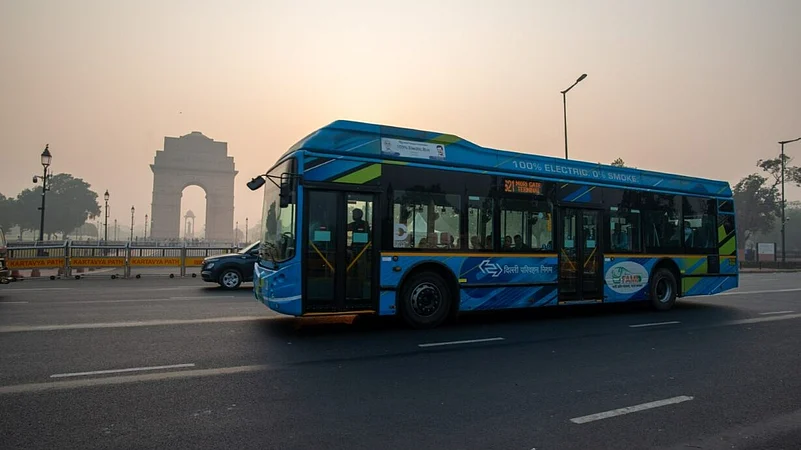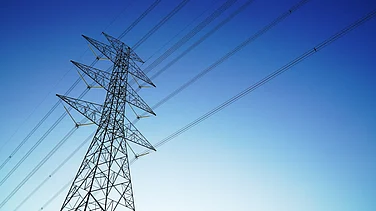PM E-DRIVE scheme extended to March 2028, focusing on electric buses, e-ambulances and e-trucks for clean transport.
The scheme will close early if the ₹10,900 crore fund is exhausted.
Expansion drives workforce shift, upskilling mechanics in EV tech, creating new jobs and supporting sustainable mobility growth.
The government has extended the validity of the ₹10,900-crore PM E-DRIVE Scheme by two years till March 31, 2028 for vehicles including electric buses, e-ambulances and e-trucks.
However, it will close earlier if the ₹10,900-crore fund is exhausted, according to a gazette notification on the PM Electric Drive Revolution in Innovative Vehicle Enhancement (PM E-DRIVE) Scheme. It further stated that the provisions of the scheme will now be in effect till March 2028 instead of March 2026.
The terminal date for registered e-2W (electric two-wheeler), registered e-rickshaws & e-cart and registered e-3W (L5) shall be 31st March 2026, as per the notification.
"This is a fund limited Scheme. Total payout under the Scheme shall be limited to the scheme outlay of ₹10,900 crore," the notification stated.
Saurabh Agarwal, Partner & Automotive Tax Leader, EY India, told PTI the extension of the PM E-Drive scheme till March 2028 is a timely and focused move by the government to support electric mobility in high-impact areas like electric buses, trucks, and ambulances.
"These vehicles play an important role in public transport and essential services, and increasing their adoption will help improve air quality, reduce emissions and increase adoption of electric vehicles across all cities in India," Agarwal said.
"Keeping the same budget of Rs 10,900 crore and using a first-come, first-serve model will promote healthy competition and push manufacturers and operators to act quickly," he added.
Skill Development in EV Workforce
The ramp-up in electric bus deployment is creating a shift in workforce skills—from traditional diesel mechanics to technicians skilled in high-voltage systems and digital maintenance.
In Mumbai, long-time diesel bus mechanic Sanjay Kerkar embraced this transition. He retrained to service e‑bus technology, he now sees “more jobs in electric buses for sure”, he told Eco Business. This shows how EV policies not only reduce emissions, but also encourage long-term job opportunities and upskilling.
(With inputs from PTI.)










_1642149850.jpg?auto=format%2Ccompress&fit=max&format=webp&w=768&dpr=1.0)


















